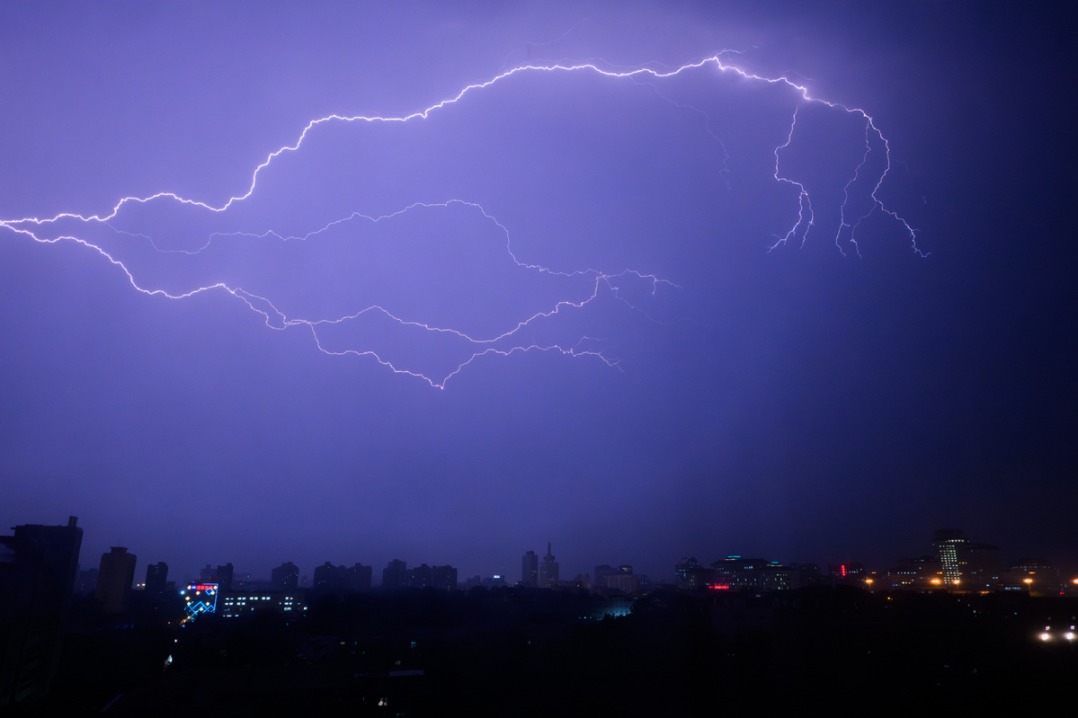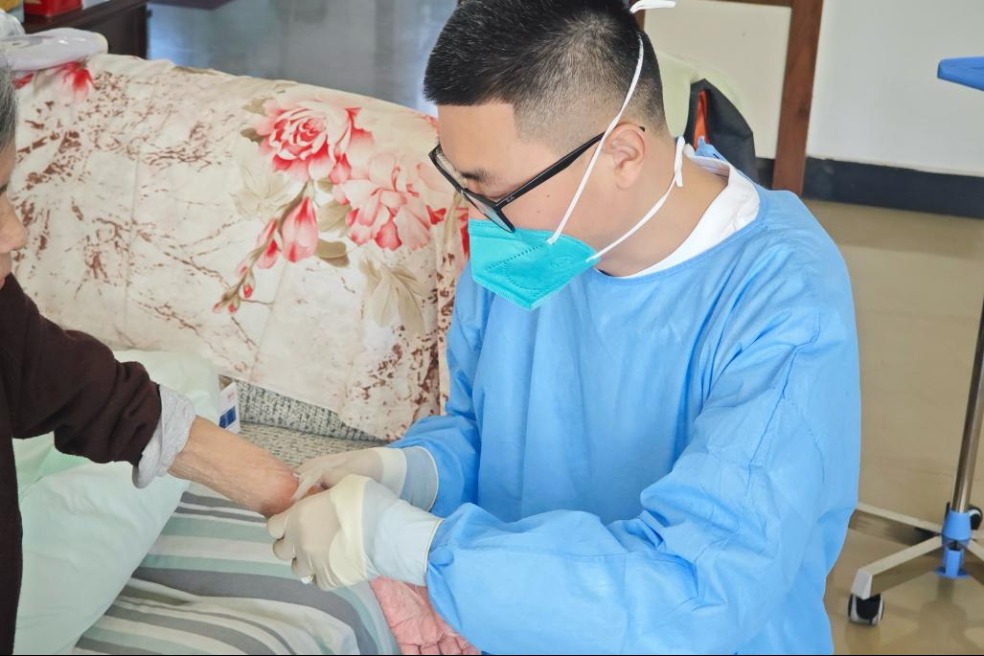Hotline offers counseling amid outbreak


Students join team
Some second year graduate students from the university's psychology department also joined the consultation team to provide psychological assistance via the hotline.
As of Feb 16, nearly 3,800 people from all over the country had received consultation online or via phone from the team.
Those seeking help include the public, people isolated at home or quarantine centers, and front-line medical staff, according to the university's Mental Health Service Center.
Nie recalled that when the medical staff called the hotline, the term they frequently mentioned was exhaustion, while the front-line workers were worried they could be infected with the virus.
"Some medical workers told me they had to be on the front line to treat patients but they could not go back home frequently, which made them irritable. They also blamed themselves for having thoughts of returning home," she said.
Nie said she was sometimes affected by breakdowns her callers had suffered, but she was also impressed by their spirit.
"A woman who called one evening was terrified. She said she had been infected with the disease because she went out to buy groceries in the neighborhood, which was located in the epidemic zone."
"The call lasted for about an hour. Eventually, she (the caller) realized there was nothing to be worried about," Nie said.
"Every person needs some support to stimulate their abilities of self-cure," she said.
The psychological counseling service during the epidemic has been conducted across the country, including Hubei, Guangdong, Beijing and Shanghai.
Among those who called for help, the public accounted for the most, followed by isolated people and medical workers, said Lin Chahua, director of epidemic psychological hotline at the Mental Health Service Center in Beijing Normal University.





































